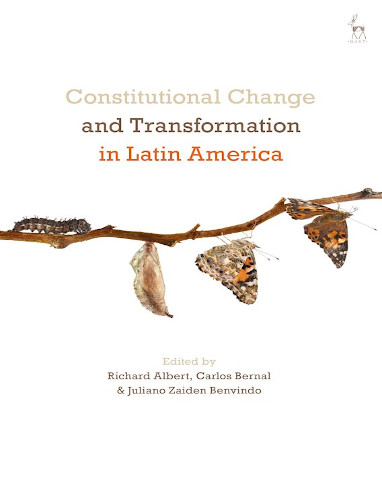The Mexican Constitution of 1917 is characterized by an atypical combination of longevity and transformation: it is both one of the oldest constitutions in the world and one of the most amended ones. No codified constitution in juridical history has been subject to more changes by way of amendments. The Mexican case not only contrasts with international trends and, but in fact, is also inconsistent with the theoretical expectations present in the specialized literature on constitutional change. This is why the detailed study of hyper-reformism in Mexico is of empirical and theoretical interest. The questions that drive this collective research project are: How can we account for this extreme case of constitutional change; what are the causes of Mexican hyper-reformism; what effects did this radical pattern have on the peculiar democratic transition of our country; what role has hyper-reformism played in the difficulty of consolidating the rule of law in Mexico; how has the continuous change of the Constitution affected the interpretation of the Supreme Court of Justice (SCJN); and what contributions can be derived from the study of this case for constitutional theory.
ABOUT US
PUBLICATIONS
CONTACT INFO.
Circuito Maestro Mario de la Cueva s/n
Ciudad Universitaria, Coyoacán
Ciudad de México, C.P. 04510
Tel.+52 (55) 5622 7474








